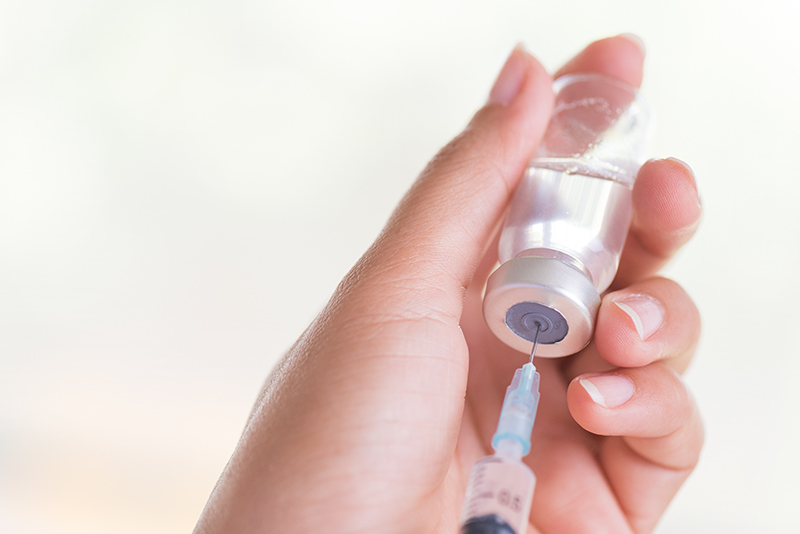WHO Declares End to Africa’s Mpox Emergency
The World Health Organization warns the threat isn’t over even as case numbers fall and vaccine orders continue.

On September 5, the World Health Organization declared that Africa’s mpox outbreak is no longer considered an international health emergency.
The announcement was a relief for many in the LGBTQ community, as one variant, Clade II, spread rapidly among men who have sex with men (MSM). At the virus’s peak, the United States reported nearly 500 cases per day.
The virus causes flu-like symptoms and, most notably, painful rashes, lesions, and scabbing. With an incubation period of 3 to 17 days, many people don’t realize they are infected until visible symptoms appear.
“My doctor said the lesion was killing the tissue inside my face,” said Jeffrey Todd, an American diagnosed with mpox in 2022. “It was literally so traumatizing to me.”
Between January 2022 and March 2025, more than 137,000 mpox cases were confirmed worldwide, resulting in 317 deaths.
The countries with the highest rates of mpox cases include the Democratic Republic of the Congo (DRC), Burundi, Sierra Leone, and Uganda. However, WHO Director-General Tedros Adhanom noted that all have reported sustained declines.
“[We] have a better understanding of the drivers of transmission, the risk factors for severity, and the most affected countries have developed a sustained response capacity,” Adhanom told reporters at a briefing.
Although ending the emergency status declaration is a major step forward, Adhanom emphasized that mpox remains a priority for WHO.
“Lifting the emergency declaration does not mean the threat is over, nor that our response will stop,” Adhanom said.
Amid deep budget cuts to the U.S. Department of Health and Human Services and a newly proposed $5 billion cut to the Centers for Disease Control and Prevention, many feared mpox control would be undermined, much like recent threats to the PEPFAR program that tackles the global HIV epidemic.
But the federal government recently signed a $56 million order for additional mpox vaccines.
The CDC also currently recommends mpox vaccinations for many within the LGBTQ community.
Eligibility includes people exposed to someone with mpox; those who had a sex partner in the past two weeks who was diagnosed with mpox; men who are gay, bisexual, or MSM with more than one sex partner or a recent STD diagnosis; those who have had sex in the past six months at a commercial sex venue or event; or anyone with a sex partner who meets these risk factors.
The CDC advises contacting a healthcare provider, local pharmacy, or health department to find where the mpox vaccine is available in your area.
Support Metro Weekly’s Journalism
These are challenging times for news organizations. And yet it’s crucial we stay active and provide vital resources and information to both our local readers and the world. So won’t you please take a moment and consider supporting Metro Weekly with a membership? For as little as $5 a month, you can help ensure Metro Weekly magazine and MetroWeekly.com remain free, viable resources as we provide the best, most diverse, culturally-resonant LGBTQ coverage in both the D.C. region and around the world. Memberships come with exclusive perks and discounts, your own personal digital delivery of each week’s magazine (and an archive), access to our Member's Lounge when it launches this fall, and exclusive members-only items like Metro Weekly Membership Mugs and Tote Bags! Check out all our membership levels here and please join us today!





























You must be logged in to post a comment.